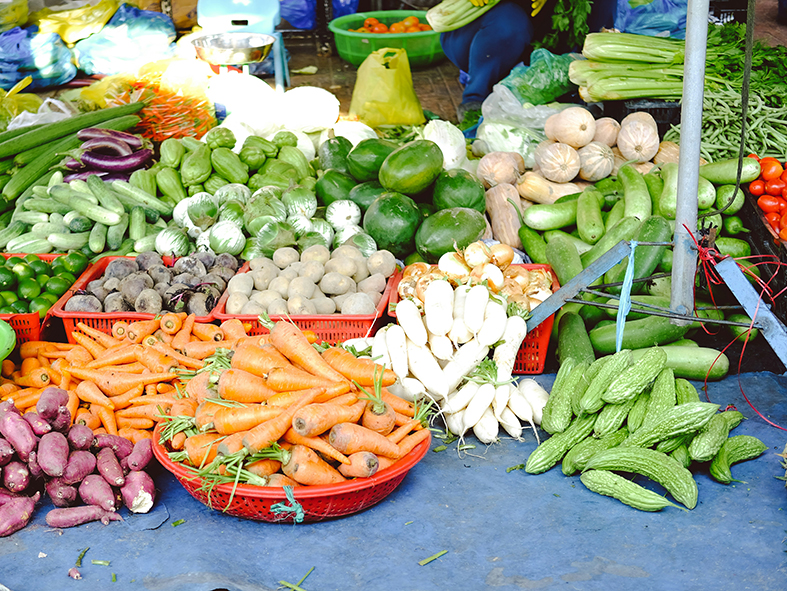Baier System Certification Services 2ND: Hazard Analysis and Critical Control Points (HACCP)
Certification Introduction
Hazard Analysis and Critical Control Points (HACCP) is a preventive food safety management system. It systematically identifies, assesses and controls potential hazards that may occur during the food production process through scientific methods to ensure the safety of the final product. Focusing on the prevention of physical, chemical and biological hazards, it does not rely on finished product inspection for quality control. As an internationally recognized food safety management system, it is mainly applicable to food production, processing, sales and related industries.
HACCP Certification Benefits
1. Enhance consumer confidence and safeguard consumers' interests.
2. Improve organizational operational efficiency, reduce product loss, and strengthen the ability to control food safety.
3. Assist organizations in clearly identifying critical risk points.
4. Reinforce organizations' brand advantages and enhance their market competitiveness.
5. Enable organizations to meet or exceed consumer expectations and regulatory requirements.
Types of Enterprises Eligible for HACCP (Hazard Analysis and Critical Control Points) Certification








Food Production and Processing Enterprises: Covering manufacturers of various foods such as meat products, dairy products, aquatic products, beverages, pastries, condiments, etc. It reduces the risks of biological, chemical and physical hazards by monitoring critical control points (e.g., sterilization temperature, processing time).
Catering and Food Service Enterprises: Including restaurants, hotels, school/enterprise canteens, central kitchens, etc. These enterprises need to control safety risks in links such as food material storage, processing and cooking, such as cross-contamination or inadequate heating.
Agricultural Product Cultivation, Breeding and Primary Processing Enterprises: Involving fruit and vegetable cultivation, livestock, poultry and aquatic product breeding, as well as primary processing (cleaning, packaging). These enterprises must control source risks such as pesticide residues and veterinary drug use.
Food Raw Material and Additive Production Enterprises: Such as suppliers of flour, vegetable oil, food packaging materials, etc. They need to ensure the safety of raw materials and additives to avoid contaminating end products.
Food Import and Export Trade Enterprises: Export enterprises are required to meet food safety standards of international markets (e.g., the EU, the United States), and HACCP certification is a common access requirement.
Other Related Industries: Some special fields (e.g., pharmaceuticals, cosmetics) may also adopt the HACCP system if they involve consumer safety.
As a trusted testing and certification institution, Baier Testing has the capability to provide customers with HACCP (Hazard Analysis and Critical Control Points) certification services. It offers comprehensive and three-dimensional service solutions including certification and consulting, assists enterprises in establishing sound food safety prevention and management measures, and enhances their product quality and industry competitiveness.
About Baier Testing
Baier Testing, located in Shandong Province, a major agri-food production region of China, is a third-party testing and certification body with strong expertise in agri-food and environmental sectors. Covering 34 major food categories, Baier provides testing services for agri-food and food-related products, and system certification services against key international standards including ISO9001, ISO14001, ISO45001, HACCP and ISO22000. The solutions span all stages from production and distribution to catering. With efficient, comprehensive, and precise service, Baier is committed to safeguarding food safety from farm to table.

